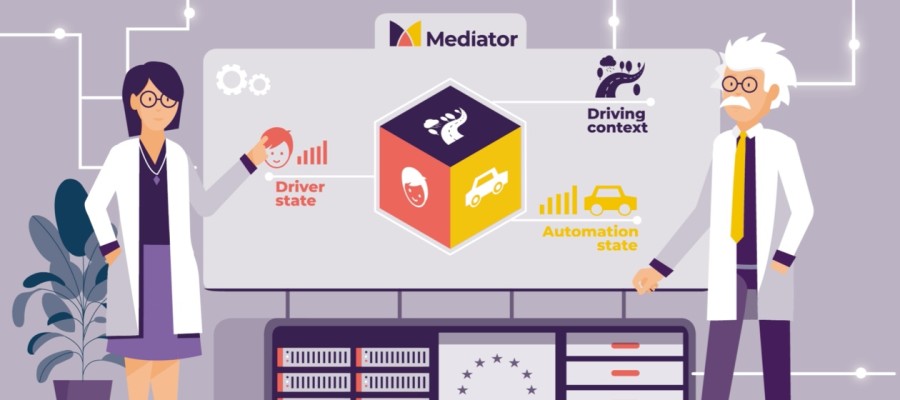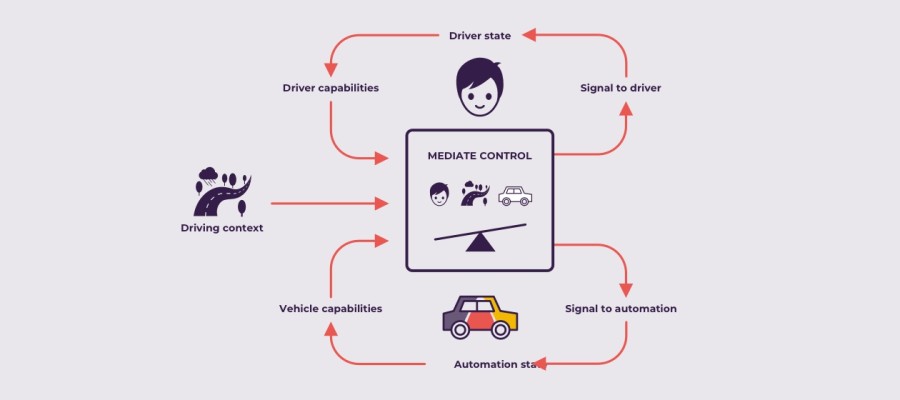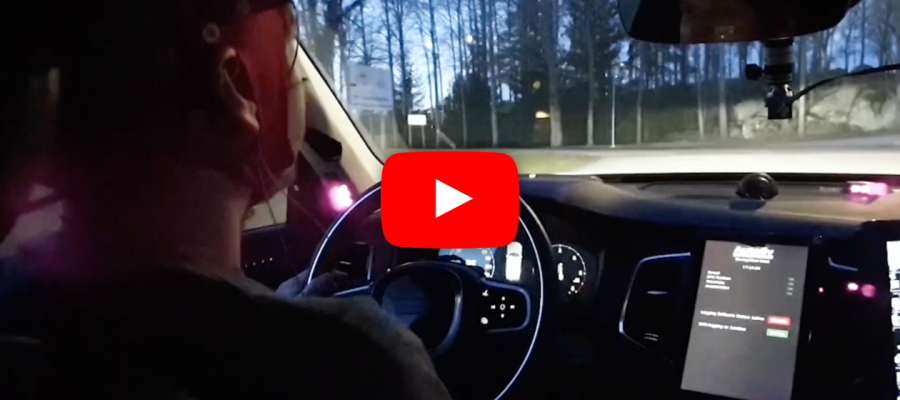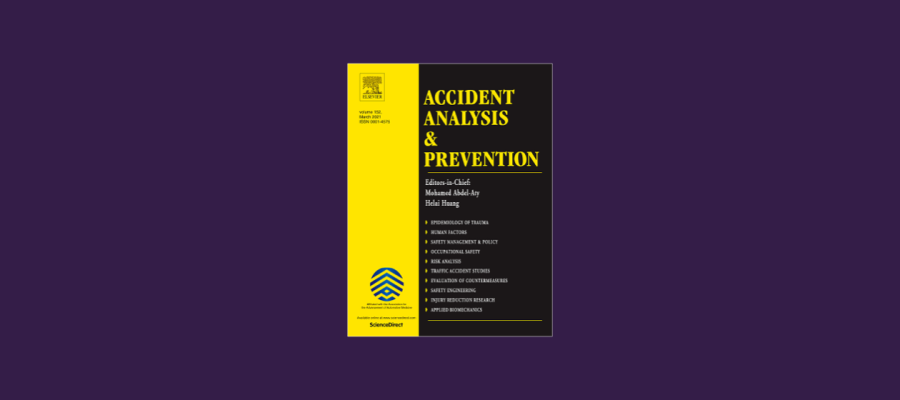New project partners
17 June 2021
In April 2020 Volvo Cars and Veoneer announced the intention to divide our well-respected partner Zenuity, in order for each company to focus more effectively on their respective strategies. We are very happy announce that after Zenuity ceased to exist, we have onboarded two new partners: Veoneer Sweden and Zenseact. Both partners will collaborate in setting the functional requirements, design, …






